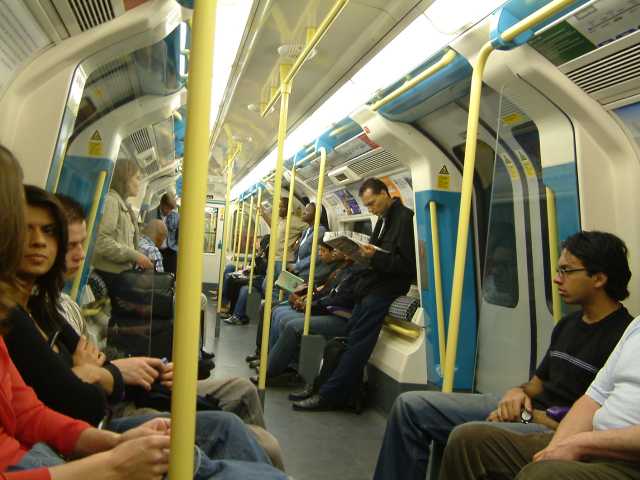
London Tube workers have been presented with a five percent pay increase, but some activists argue that it is inadequate and are pushing for strike action.
Transport for London (TfL) extended the "full and final" proposal to all 16,000 Tube employees following the rejection of an initial four percent offer, which triggered a threat of industrial action by the Unite union.
The improved one-year offer, applicable for the current financial year with retroactive effect from April, exceeds the 4.4 percent agreement imposed on the rest of TfL's non-Tube workforce but falls below the Consumer Price Index (CPI) inflation rate, which stood at 6.7 percent in September and 8.7 percent in April.
Aslef, representing Tube drivers, is scheduled to discuss the proposal on Wednesday, while the RMT, representing station staff, will engage with its union representatives the following Friday.
Last year, Tube staff received an 8.4 percent raise as part of a four-year agreement secured by Mayor Sadiq Khan in 2019, which guaranteed an above-inflation salary hike.
Relations between TfL and the two primary Tube unions, Aslef and the RMT, have improved recently, resulting in the cancellation of two strikes at the last minute after agreements were reached on job security and pension plans.
In July, a strike that would have caused a week of turmoil on the Tube was called off after TfL agreed not to alter its staff pension scheme until September 2026.
Earlier this month, the RMT called off two planned walkouts after securing concessions on proposed reductions in station staffing, effectively preserving about 200 jobs.
Two weeks ago, Unite, one of the smaller Tube unions, warned TfL that it must present a substantial pay proposal or risk the prospect of labor unrest after Acas negotiations produced the four percent offer.
Unite's general secretary, Sharon Graham, labeled the four percent offer "miserable" and cautioned that unless a "practical" proposal was presented, union members would be promptly balloted for strike action.
The RMT is currently re-balloting its members on potential strike action, a process it must conduct regularly as strike mandates expire after six months.
Nonetheless, some notable activists have publicly called for strikes in response to the five percent pay offer.
Daniel Randall, chair of the RMT's Bakerloo line branch, expressed his intention to advocate for the rejection of the offer and a vote for industrial action.
The RMT is seeking an increase above the Retail Price Index (RPI) inflation rate, which was 8.9 percent in September, and a minimum £5,000 raise for the lowest-paid workers.
While Tube drivers earn approximately £60,000, the most junior Tube station employees earn just over £30,000 per year.
One union newsletter accused the RMT leadership of being sluggish and chronically late in presenting a pay demand, asserting that there is now no chance of a strike vote taking place before January. It urged union leaders to submit an early request for a salary increase for the 2024/25 fiscal year alongside an improved offer for the current fiscal year.
Last week, the TfL board reported a six percent annual increase in passenger numbers, reaching 89 percent of pre-pandemic levels, leading to a £143 million operating surplus thus far this year, double the budgeted level. Photo by Tagishsimon at en.wikipedia.



































